Venue Photo Manager Erika Sawauchi Talks Tokyo 2020 Olympics
Behind The Scenes at Tokyo’s Biggest Event This Year
Erika Sawauchi, a freelance sports photographer, discusses her backstage involvement in the Tokyo 2020 Olympic Games.
Born and raised in the Occitanie region of southwest France near a small town called Figeac by her Japanese mother and British/French father, Erika Sawauchi moved to the U.K. to attend Staffordshire University in Stoke-on-Trent to acquire a Bachelor of Arts degree in photojournalism. She now lives in Shizuoka Prefecture and works as a freelance sports photographer, currently specializing in badminton photography. Sawauchi has been working for the photo agency Badmintonphoto since March 2020.
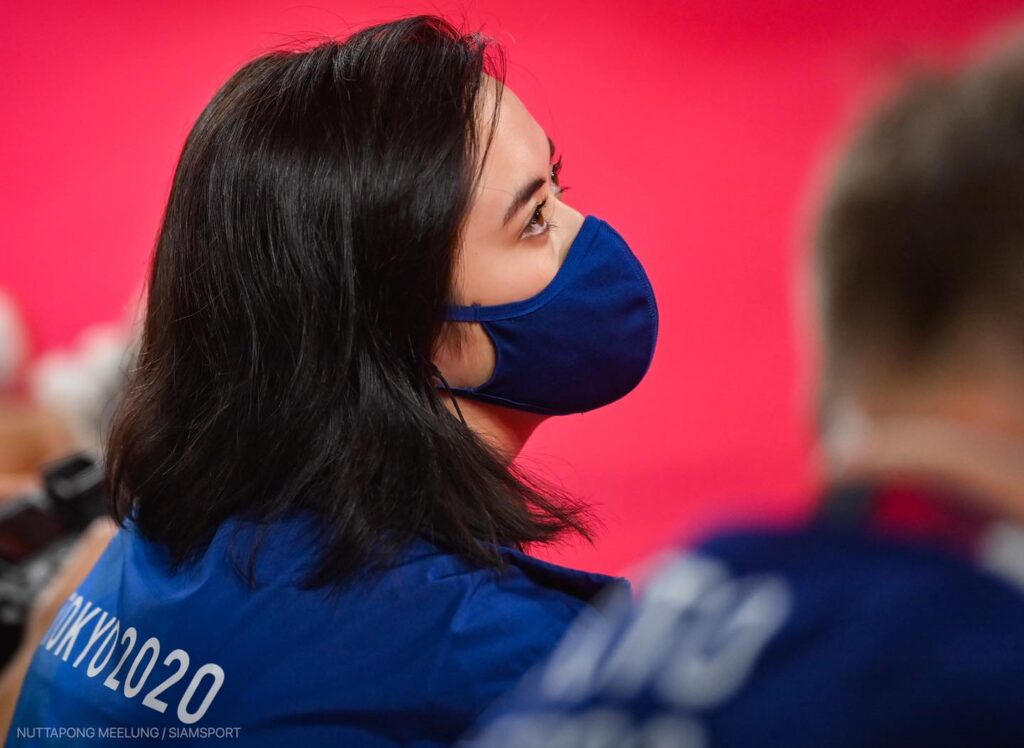 © Photo by Nuttapong Meelung/Siamsport
© Photo by Nuttapong Meelung/Siamsport
Sawauchi first got into photography covering national equestrian events in France. Then, during the 2020 Tokyo Olympics, she took up the role of venue photo manager, where she was in charge of photo operations at her assigned venue, Musashino Forest Sports Plaza in Chofu, Tokyo. The venue was host to badminton events, as well as the fencing rounds for the modern pentathlon.
Savvy Tokyo spoke to Sawauchi about her role in photographing the Games and asked her for a firsthand look backstage at the 2020 Tokyo Olympics.
What did you enjoy most about your role at the Olympics?
I enjoyed working as a team with a lot of different people. However, up until now, I’ve always preferred working solo. Or at least not to rely so much on others to accomplish my tasks.
Still, this job relied a lot on good communication and teamwork to deliver a good workflow of Press Operations to the different media coming from all around the world for the Games. It also gave me an insight into what working in a Japanese company is like, as this was my first time working full-time for a company in Japan.
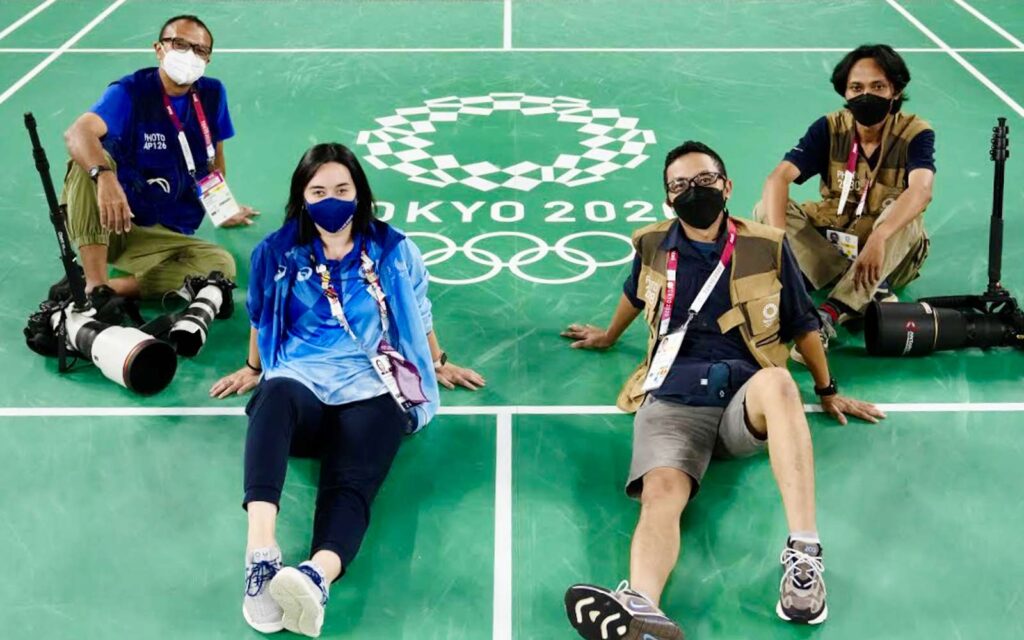
Photo of Sawauchi and some of the Indonesian photographers that were often at the badminton venue. From left to right: Dita Alangkara, Erika Sawauchi, Mast Irham, Sigid Kurniawan.
The best part about my role was that I got to meet and interact with many different sports photographers—professionals that have been in the industry since before I was born. Because they are doing work that I hope to do someday, I found it so eye-opening to see the job of a sports photographer from the people’s point of view, helping them do their job correctly. I also got to meet so many kind people from different countries I am keeping in contact with and hope to meet again.
What struggles came with your role?
The most challenging part of it all was the working hours, especially during competition days. We had 10 days straight of badminton—working from 6 a.m. or 7 a.m. up until 1 a.m. We repeated that every day for more than a week, only being able to catch two to three hours of sleep every night and then having to be fully operational the next day.
The work was very intense, especially during the days leading up to the opening of the Olympics, where everything needs to be ready. No one really has a clear idea of how things will unfold because this is the first time the Games are happening during a pandemic. For me, especially, as this was my first time being part of such a huge event.
No one really has a clear idea of how things will unfold because this is the first time the Games are happening during a pandemic.
I would say another struggle of mine was my lack of Japanese skills. I have a basic to intermediate level of Japanese speaking ability, and nearly all the staff spoke only in Japanese. Just a few could speak English. Luckily my deputy could translate, but it would have made her job and mine a lot easier if I could understand the language fluently.
Lastly, maybe the biggest struggle was the coronavirus countermeasures we all had to follow, which is not so easy when you have many media coming in to report on the events.
What is backstage at the Olympics like compared to what we see on TV?
There is a lot that goes on behind the scenes that viewers at home don’t get to see, such as the number of people it takes to prepare for such a huge event, the amount of planning, problem-solving and anticipating potential issues.
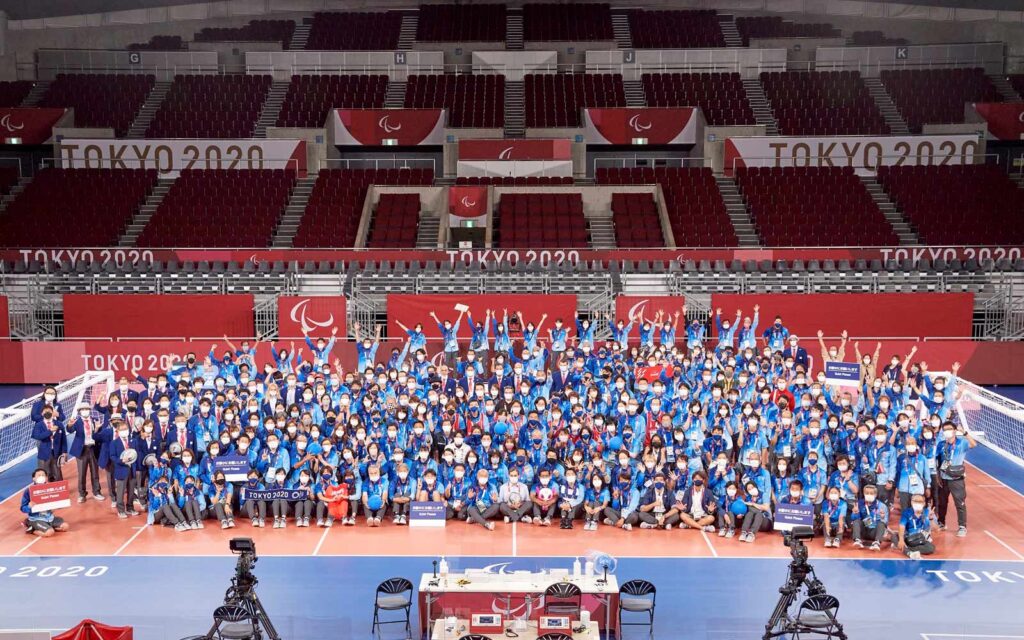
Group photo of all those involved in the Goalball events for the Paralympics at Makuhari Messe, Chiba.
The medal ceremonies were one of the many highlights for me. You want it to go well as you have a very limited time to get everything done and I was the one who had to direct everything after the national anthem stopped playing. You wouldn’t see it on TV, but right behind the TV cameras there is a whole lot going on and it can get pretty chaotic at times. But luckily, everything went smoothly.
Did you get to interact with the athletes very much?
Not a lot. As photo manager, I was in charge of the medal ceremony photo sessions, telling the athletes when to take their masks off, when to put them back on and then signaling to them when they can change positions for the next session, etc. Apart from that—not really.
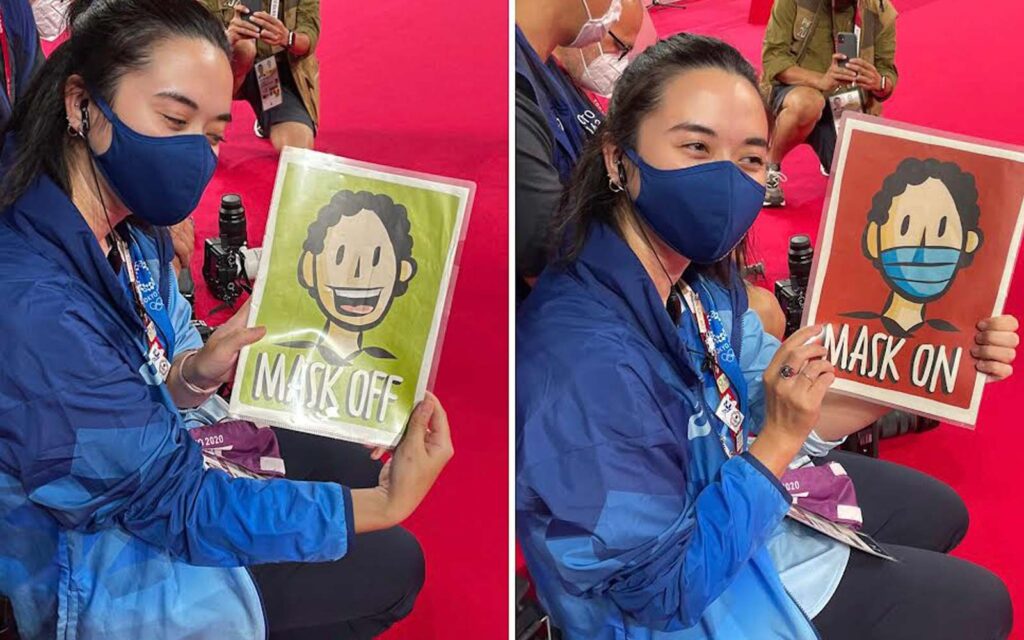 © Photo by Pedro Pardo
© Photo by Pedro PardoThese are the signs shown to the athletes for them to take their masks off and back on again.
We had to keep a minimum two-meter distance between ourselves and the athletes. I also attended some of their practice sessions ahead of the Games and saw them training in the main arena when I had to work on the field of play for my photo positions.
What was it like experiencing the Olympics in person?
At first, I couldn’t believe I would play a role in the 2020 Tokyo Olympic Games and with the organization of my home Olympics. Anyone who knows me is aware that being a photographer at the Olympic Games is my biggest goal in life, but having turned professional only a couple of years ago, I was not expecting to cover these Games at all. So being able to play a part in all of this was a great opportunity for me.
What was the coronavirus situation where you worked? Did it impact the way you worked? Did you have to make any major changes with how you would usually do things?
It did have quite an impact on how we worked at the venue. A lot of the problem-solving we had to do was because of the countermeasures we had to put in place. For example, I had to study the flow of athletes in the arena and ensure that no photographers were getting too close to them and other officials when changing to different photo positions.
A lot of the preparation we had to do before welcoming media to our venue was to put up plexiglass at all the workstations and configure the mixed zone where athletes get interviewed so there would be at least a two-meter gap between them and the journalists. All the countermeasures taken had a significant impact on our capacity for the press. For example, we had fewer seats in the media center for journalists and photographers because of them. The accredited media had to go through a booking system online to control how many media could enter the venue. They had to apply for a session in advance.
A lot of the problem-solving we had to do was because of the countermeasures we had to put in place.
The venue media manager and I would have to accept or decline them every evening before the start of the competition. Unfortunately, apart from the mixed doubles pair of Yuta Watanabe and Arisa Higashino, Japanese athletes from the other four categories did not make it to medal matches. So for the last three days of the competition, the media center went all quiet because most Japanese media stopped coming. This actually helped me control who was coming in and out of the venue and made the photo positions next to the center court easier to manage.
What was your initial reaction to the Olympics actually happening? Were you excited, worried or a bit of both? How did you feel about it going forward?
At first, I was relieved, since the moment I was offered this job opportunity, there had been a constant debate about whether or not they should take place. It came to a point where I would avoid watching the news because that was the only topic they would report on. It wasn’t until my first day of work that I was 100% sure they were taking place, and I could finally get excited about them.
Are you vaccinated? Was it a requirement to be so?
Yes, I am. We were offered to get vaccinated before the Games started, which I was very happy about. But it wasn’t a requirement, it was totally optional, but a lot of employees and volunteers did receive it.
How well do you think the photo team handled images of female athletes in competition that could be overtly sexualized? How do you personally feel about this topic?
To be quite honest, I haven’t really seen a lot of the photos taken of other sports and don’t know much about the debate surrounding this, but I do think it’s a good thing that the IOC and OBS are taking this topic into consideration and have been actively avoiding doing the same mistake as they may have previously been called out for. With that, I hope photo reportage will swiftly follow this direction because if it was happening with TV broadcasters, there is a big chance it is also happening with still images, too.
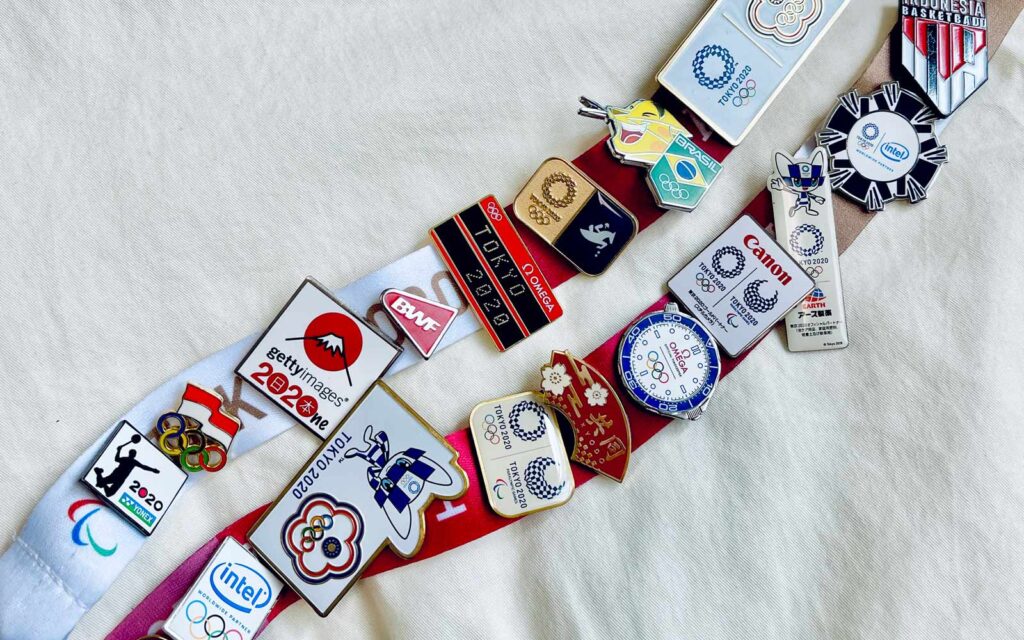
The pins Sawauchi collected during the Olympic Games, from different organizations and photographers.
Instagram: @wyatt_erika
Website: erikawyattphotography.com
Savvy Spotlight is a monthly feature introducing foreign and Japanese women at the frontline of what’s successful, contributing, cool, unique and interesting in the city. If you have anyone in mind you would like us to interview, leave us a comment below with your recommendations!
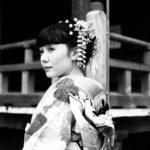
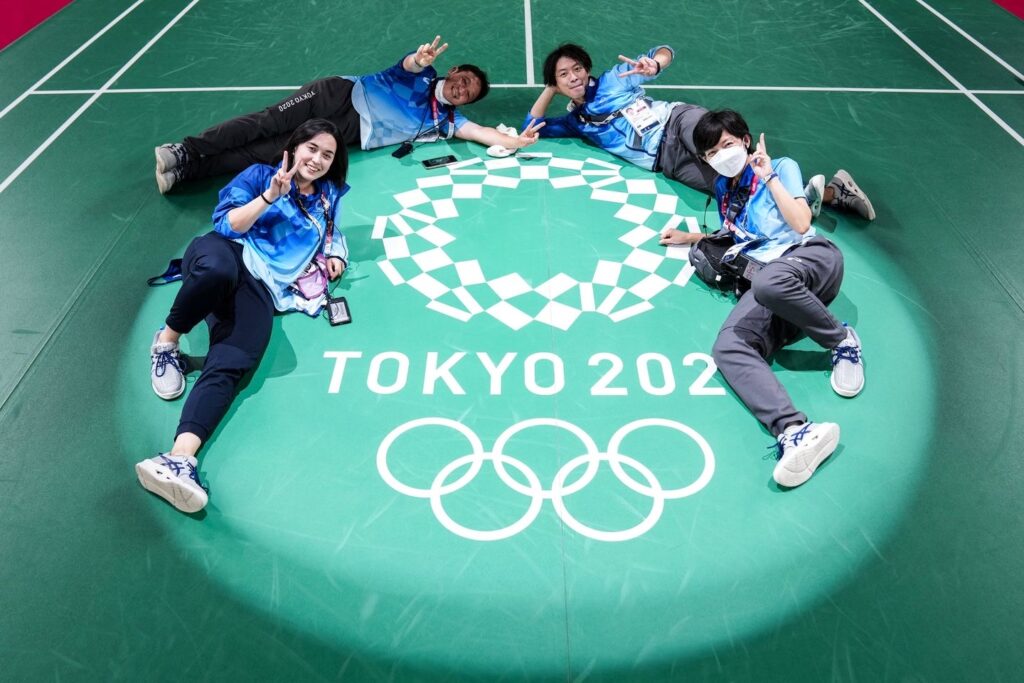
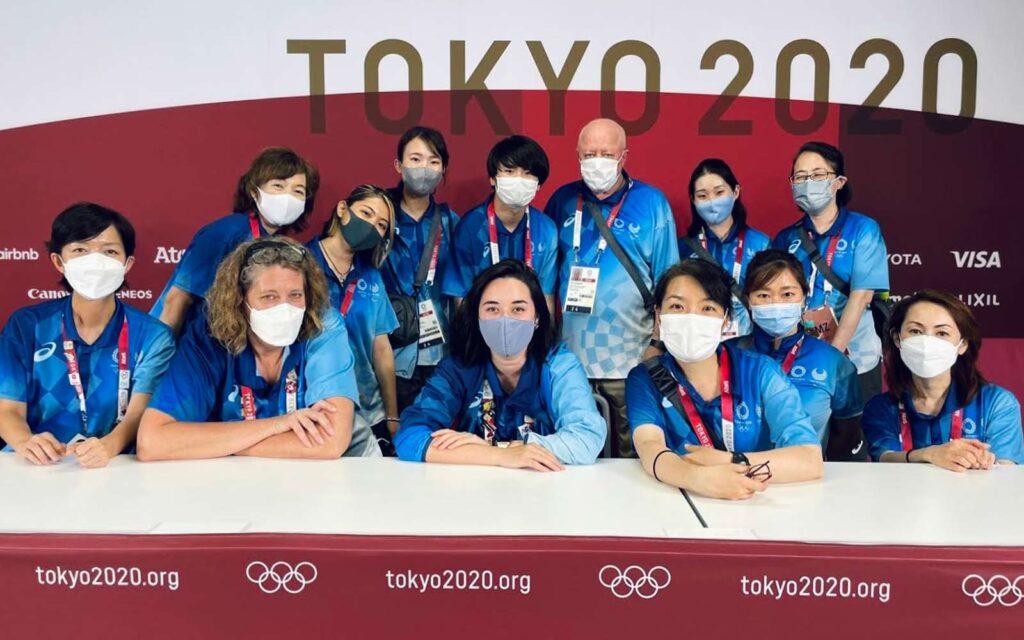











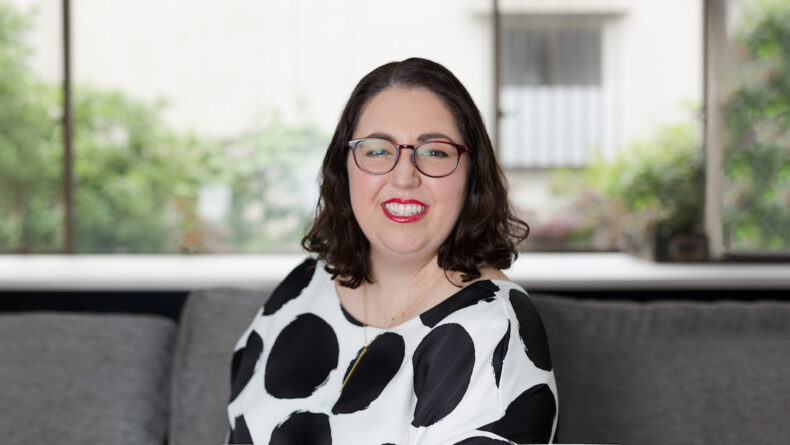
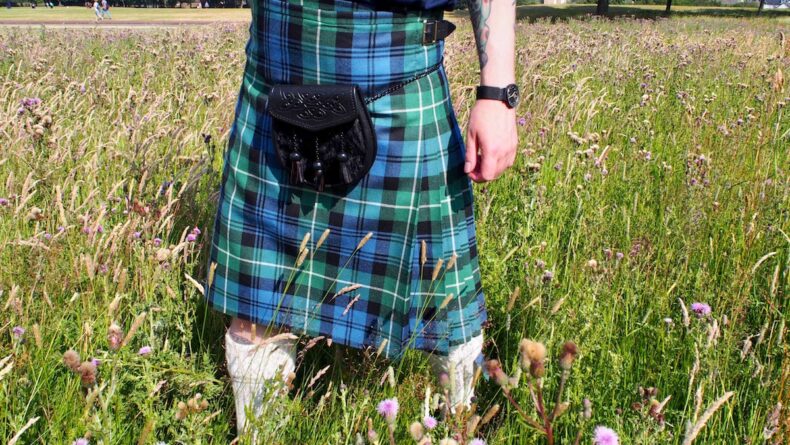
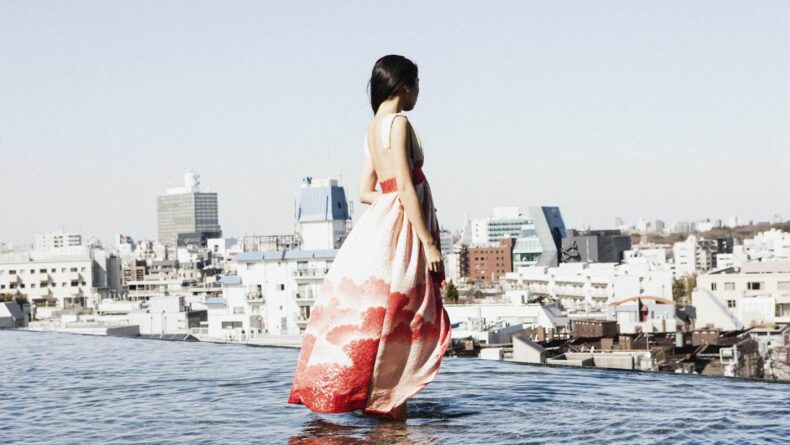
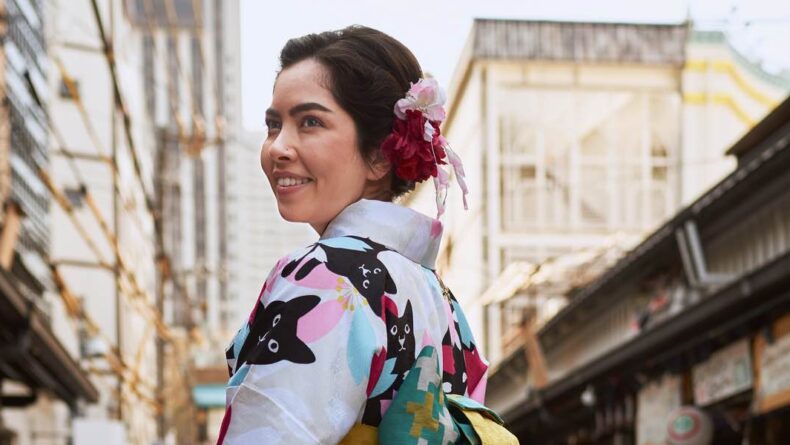
Leave a Reply